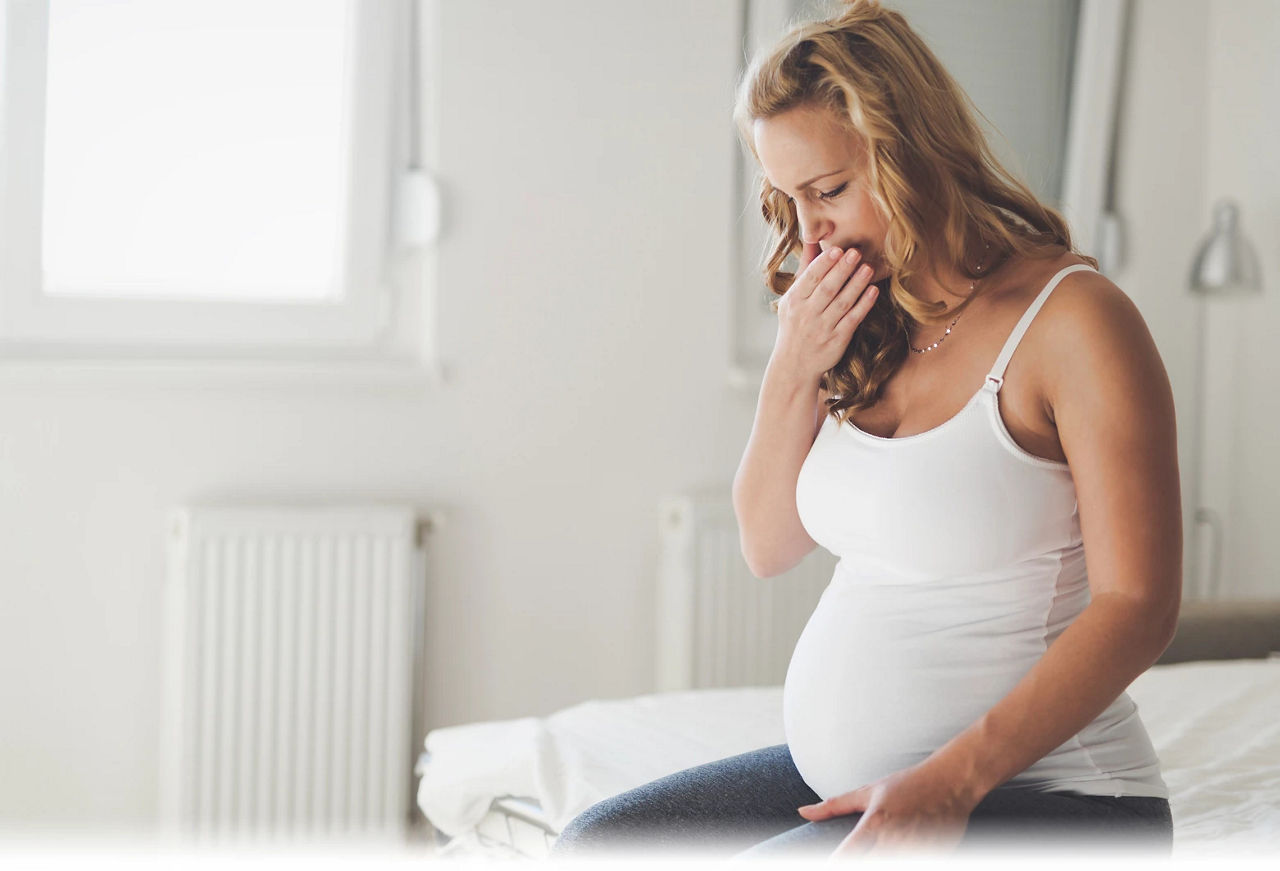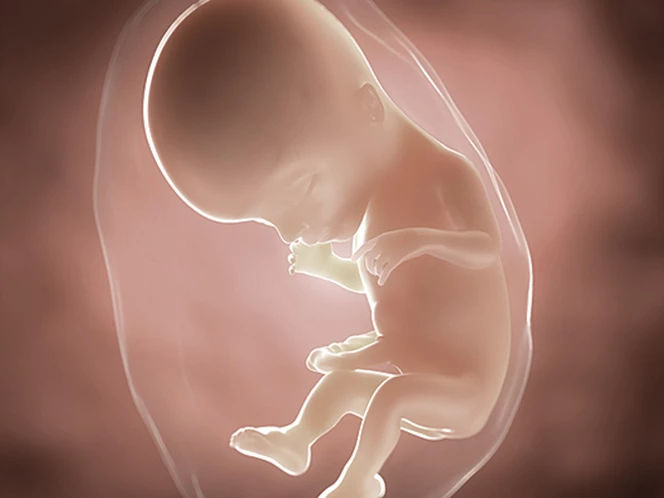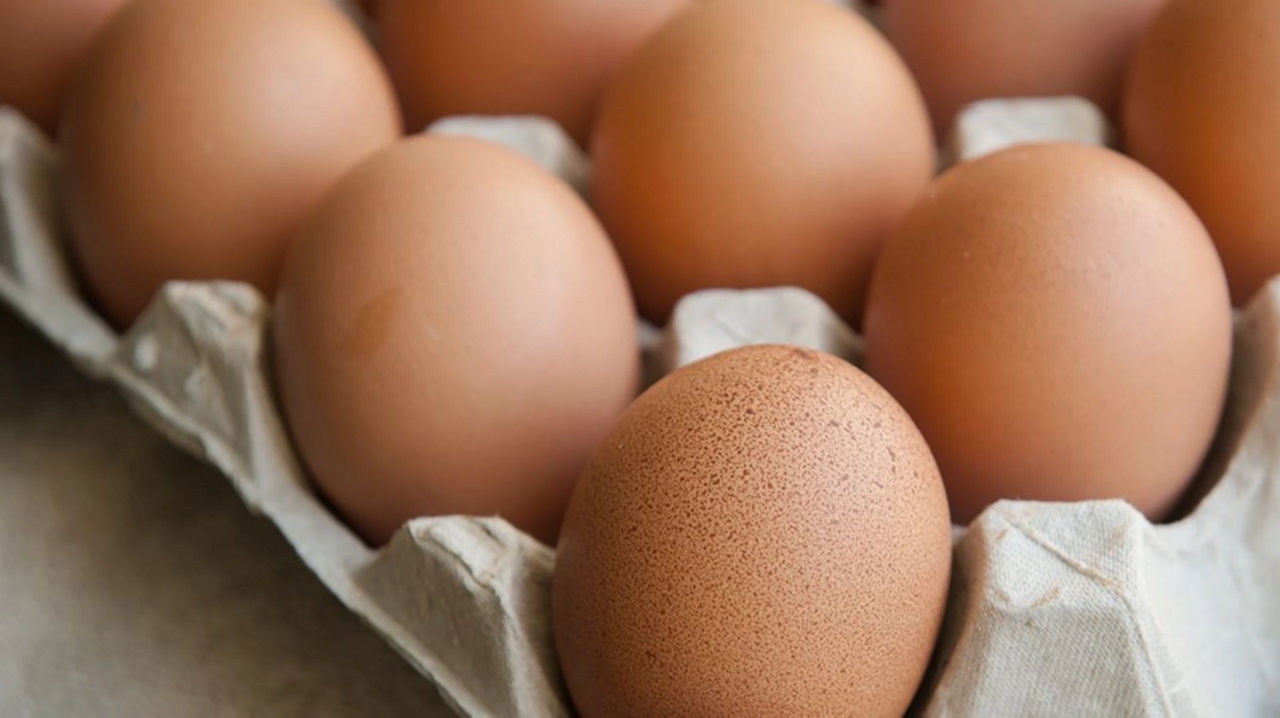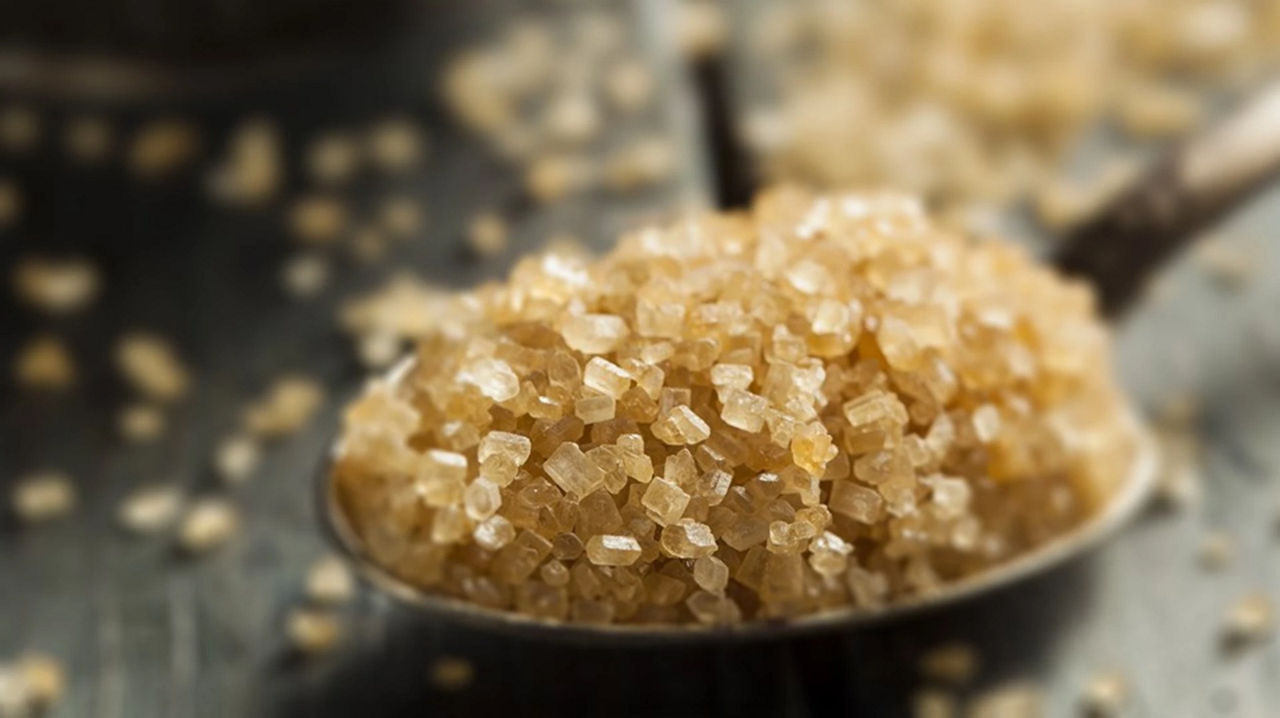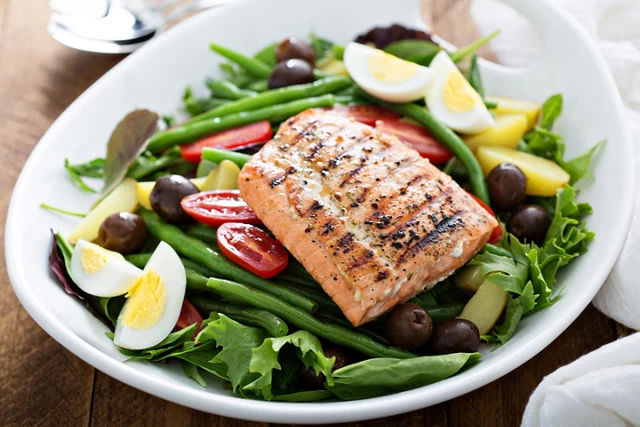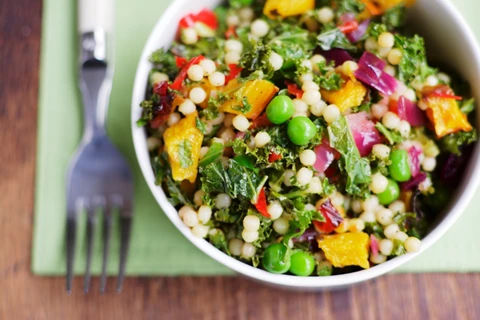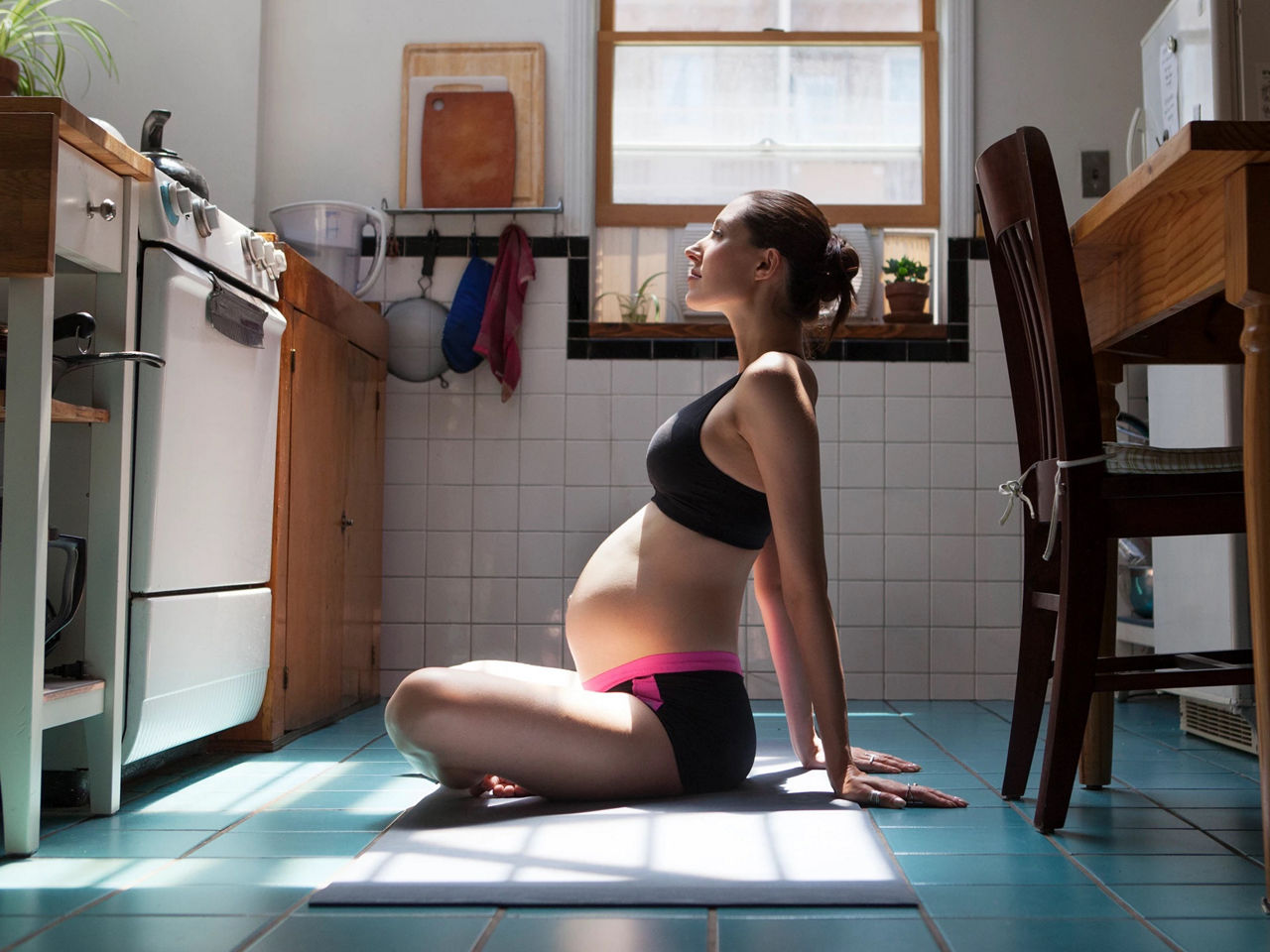At 17 weeks your baby should weigh about 150g (just over 5oz)1 and measure around 13cm from crown to rump2. Until now, your baby’s head has been larger in proportion, but now its body is starting to catch up and put on weight. It’s around this time that fat-storing ‘adipose tissue’ is beginning to form3.
Hair, eyebrows and eyelashes are continuing to grow4. The respiratory system is also developing, and your baby will begin practising breathing as its chest rises and falls. By week 17, it’s possible for your baby’s heart rate to beat at around 140–150 bpm2 – much faster than an average resting adult range of 60–100 bpm.
